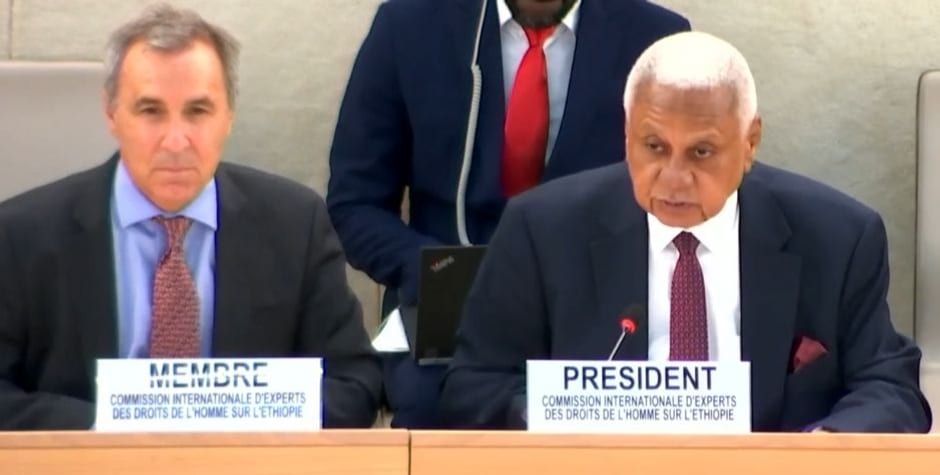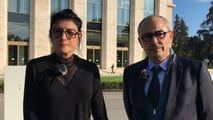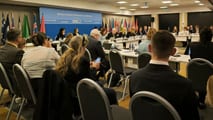
The International Commission of Experts on Ethiopia has issued an alarming final situation report... before ending its mandate in the indifference of States.
This Commission, set up by the Human Rights Council in December 2021, was tasked with compiling and analyzing human rights violations committed in Ethiopia since the conflict erupted on November 3, 2020 in the regions of Amhara, Afar, Oromia and Tigray. Although the Commission considered this to be the world’s deadliest conflict in 20 years, and has collected overwhelming evidence against all sides involved in the fighting, its mandate has not been renewed. The Commission’s work therefore came to an end on October 13, 2023, with a final report.
In this final report, the Commission of Experts clearly denounced the facts and those responsible:
The Ethiopian National Defence Forces, Eritrean Defence Forces, and allied regional Special Forces and militias are collectively responsible for a litany of horrors.
This includes mass killings, widespread and systematic rape, sexual violence - including sexual slavery, deliberate starvation, forced displacement, and large-scale arbitrary detentions, all of which constitute war crimes and crimes against humanity.
Some Tigray forces are also culpable for war crimes, including killings, widespread rape and sexual violence, destruction of property, and looting.[1]
“The scale and continuity of the violence in Ethiopia since November 3, 2020 is such that this report cannot be considered to fully reflect the harm suffered by civilians in the regions under investigation,” said Mohamed Chande Othman, President of the Commission.
The ECLJ intervened on September 21, 2023, during the debate at the Human Rights Council with this Commission of Experts to denounce in particular the suffering of the Amhara people, victims of this ethnic-religious conflict. Here is the intervention in which we called for the Commission’s investigative work to continue:
See above or here on YouTube.
As we were able to see during the debates at the Human Rights Council, the Ethiopian representatives tried to play down or even deny the facts, and accused the Commission’s report of being “politicized.” Most states showed little interest in the Ethiopian situation, and seemed satisfied with the “Ethiopian transitional justice mechanism” promised by the country’s government. According to a correspondent of Le Monde, Western states are not really interested in prosecuting those responsible, as “the West has redoubled its efforts to re-engage with Addis Ababa since Ethiopia’s recent accession to the BRICS.”[2] No state has therefore formally requested the extension of the mandate of the International Commission of Human Rights Experts on Ethiopia, which automatically came to an end at the end of the 54th session of the Human Rights Council.
As the atrocities against the Amhara people continue, the ECLJ will pursue the investigative work that the Commission can no longer do, and will act within the framework of the Universal Periodic Review mechanism and during the next session of the Human Rights Council to combat the impunity of those responsible.
___________
Photo: Mohamed Chande Othman and Steven Ratner, President and member of the International Commission of Experts on Human Rights on Ethiopia, during the interactive dialogue of the 54th session of the Human Rights Council, September 21, 2023 in Geneva. Photo Credit: United Nations for free information use.
[1] Ethiopia: Victims ‘left in limbo’ as rights probe mandate ends, UN News, 13 October 2023.
[2] Noé Hochet-Bodin, « Ethiopie : après la guerre au Tigré, la vérité et la justice sacrifiées », Le Monde, 5 octobre 2023.













